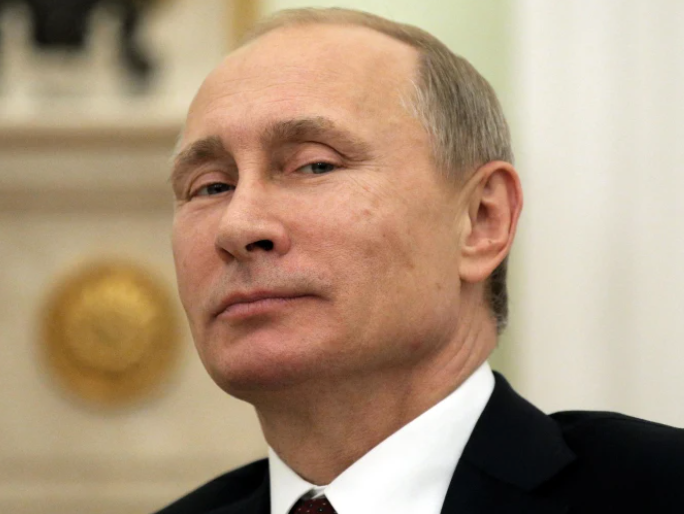$GAZP $NYMEX $XOM
#Gazprom #NordStream2 #Russia #USInvestors #EnergyMarket #Pipeline #NaturalGas #Kremlin #GlobalEconomy #TradeRelations #OilAndGas #Geopolitics
Russian energy giant Gazprom appears hesitant to entertain the prospect of selling its stake in the contentious Nord Stream 2 gas pipeline to a U.S. investor, according to comments made by Kremlin spokesman Dmitry Peskov on Tuesday. This announcement follows reports in The Wall Street Journal about U.S. businessman Stephen P. Lynch, who has sought a U.S. Treasury license to initiate a bid for the project. Lynch, who has operated businesses in Russia for over two decades, is reportedly exploring the possibility of taking ownership of the pipeline, which has faced significant regulatory and political challenges, especially in the wake of Russia’s conflict with Ukraine and subsequent Western sanctions. Peskov’s remarks underline the geopolitical sensitivities surrounding the pipeline, which remains dormant since Germany halted its certification process in early 2022.
The Nord Stream 2 pipeline, designed to double Russia’s gas export capacity to Germany and Europe, has been a longstanding focal point in global energy politics. The U.S. government has consistently opposed the pipeline, arguing it increases Europe’s dependence on Russian gas and undermines Western allies’ energy security. These concerns intensified following Russia’s invasion of Ukraine, which prompted European nations to seek alternative energy supplies. Gazprom, the majority stakeholder of Nord Stream 2, has already faced a loss of revenue streams due to the stalling of the project and sanctions on Russian energy exports. Though Stephen P. Lynch’s proposal could, hypothetically, provide an opportunity for the pipeline to regain utility under Western ownership, the Kremlin’s guarded stance suggests that the transfer of this critical asset to U.S. interests is highly improbable.
From a market perspective, the implications of Gazprom’s refusal to sell are significant. The European energy crisis, exacerbated by the Kremlin’s decision to weaponize natural gas exports, has left the region scrambling for alternatives and has triggered volatility in global energy markets. Natural gas futures trading on $NYMEX have seen surges over the past year, reflecting heightened supply chain stress and concerns over energy security. Gazprom’s reluctance to divest its stake reinforces the uncertainties surrounding the pipeline’s operational future, potentially discouraging European nations from banking on any near-term resolution. Moreover, the geopolitical implications of a U.S. investor stepping into the Nord Stream project would likely heighten tensions between Moscow and Washington, further complicating the energy landscape.
Lynch’s interest in acquiring Nord Stream 2 underlines the intersection of private capital and geopolitics in energy infrastructure investments. Should the U.S. Treasury endorse his bid, further complications may arise, including challenges in negotiating with Gazprom and navigating the sanctions framework that has entrenched the pipeline in controversy. The reluctance from Gazprom and clear messaging from the Kremlin suggests that any transfer of this asset is unlikely without significant political and financial concessions. As investors monitor developments, both $GAZP (Gazprom shares listed in Moscow) and broader energy stocks such as $XOM could reflect growing instability in energy and trade relations. The scenario continues to spotlight the intricate links between global geopolitics, natural resources, and market dynamics.











Comments are closed.